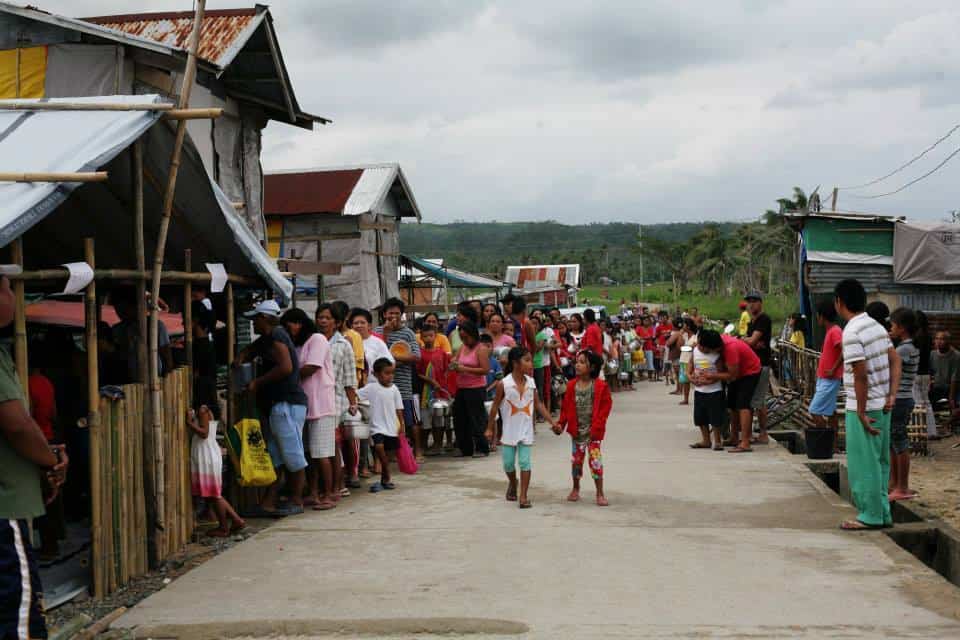Legislators hope vulnerable and marginalized groups can better prepare for disasters through insurance coverage.
The House of Representatives approved on third and final reading House Bill No. 8165, also known as the Department of Disaster Resilience Act on 1 October 2018. Chapter 10, Section 32c of the said bill provides that the “Department shall oblige the local government units the mandatory insurance coverage of assets, properties, and livelihood of vulnerable and marginalized groups for unforeseen or contingent potential losses, damages, and disruption from natural hazards and human-induced disasters.”
Funds for the mandatory insurance shall be charged against the Local Disaster Risk Funds (LDRF). HB No. 8165 provides that no less than 7% of the local revenues must be allocated to the LDRF.
The Department of Disaster Resilience shall oversee local government units’ compliance to this provision, including all climate and disaster risk-transfer and risk–sharing instruments and initiatives to ensure the protection of both public and private institutions. The Department is also mandated to ensure that all assets and properties of government agencies including government owned and controlled corporations are insured.
“Despite the Philippines’ vulnerability to extreme weather and natural disturbances, Filipinos still have a long way to go in terms of appreciating the value of insurance. Mandatory insurance for vulnerable and marginalized groups is a major step towards educating Filipino communities on how insurance can help them prepare for natural or human-induced calamities,” said Jonathan D. Batangan, First Vice President and Group Head of Cebuana Lhuillier Insurance Solutions.
Cebuana Lhuillier annually convenes the Cebuana Lhuillier Disaster Resilience Forum as part of its advocacy to empower, capacitate, and educate Filipinos to be disaster-ready and resilient. The third Disaster Resilience Forum was held in July 2018 at the Shangri-la at The Fort, Taguig City.
Department of Disaster Resilience
The Department of Disaster Resilience is mandated to “oversee and coordinate the preparation, implementation, monitoring, and evaluation of disaster and climate resilience plans, programs, projects, and activities.” To be led by a Cabinet Secretary, the Department shall lead the continuous development of strategic and systematic approaches to make the country disaster resilient.
The Department however will only be created once the bill proposing it is signed by President Rodrigo R. Duterte. Under Philippine laws, both the House of Representatives and the Senate must approve their respective version of the bill, deliberate and draft a joint version, and submit it to the Office of the President for signature. To date, the Senate still has to approve its own version of the Department of Disaster Resilience bill.
Source: HB 8165
Photo Credit: Art Relief Mobile Kitchen

